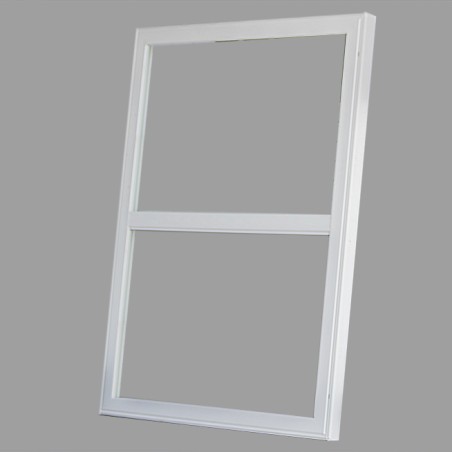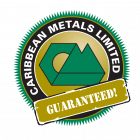

What is a uPVC window?
Unplasticized polyvinyl chloride, or uPVC is a long-lasting plastic used to make windows and doors. Its durability makes it a great choice to reinforce heavy glazing panels, such as double or triple glazing.
uPVC is the predominant material used in developed markets:
General Features of Basic Products
What is the difference between uPVC and PVC windows?
The distinction between them is whether they're coated in plasticizers: PVC has plasticizers, whereas uPVC does not. Plasticizers make PVC malleable and flexible, making it ideal for wires, toys, shower curtains, and even clothing. uPVC is hard and inflexible, so it's better suited to window frames and water pipes.
What are the disadvantages of uPVC windows?
The Cons of uPVC Windows
Non-Biodegradable: uPVC is not biodegradable, so it cannot be easily recycled. This drawback could concern environmentally conscious homeowners, especially those primarily interested in the energy-saving aspects of uPVC windows. When burned, uPVC can emit toxic gasses.


